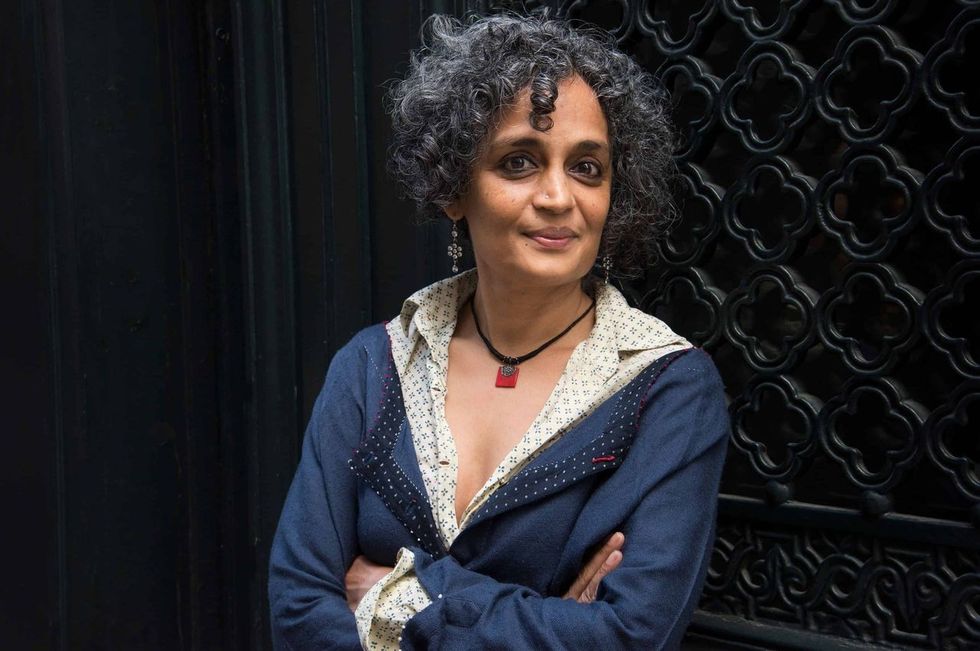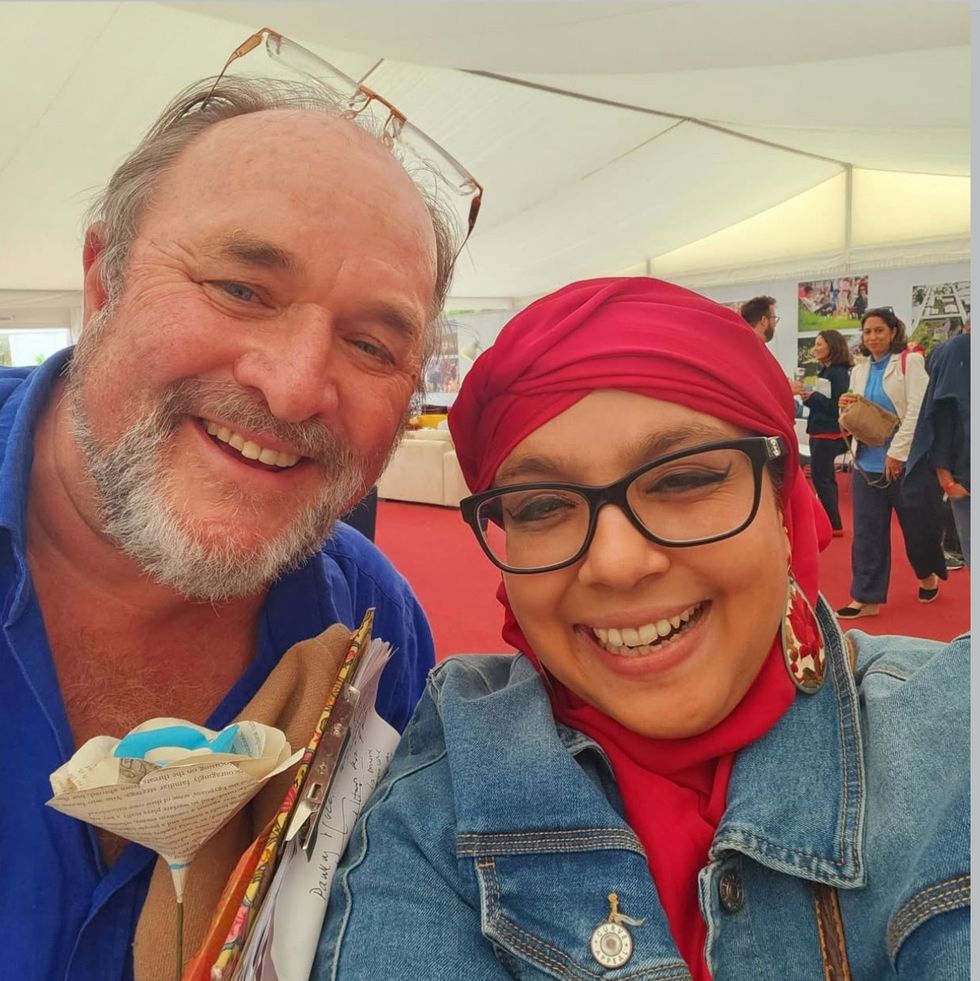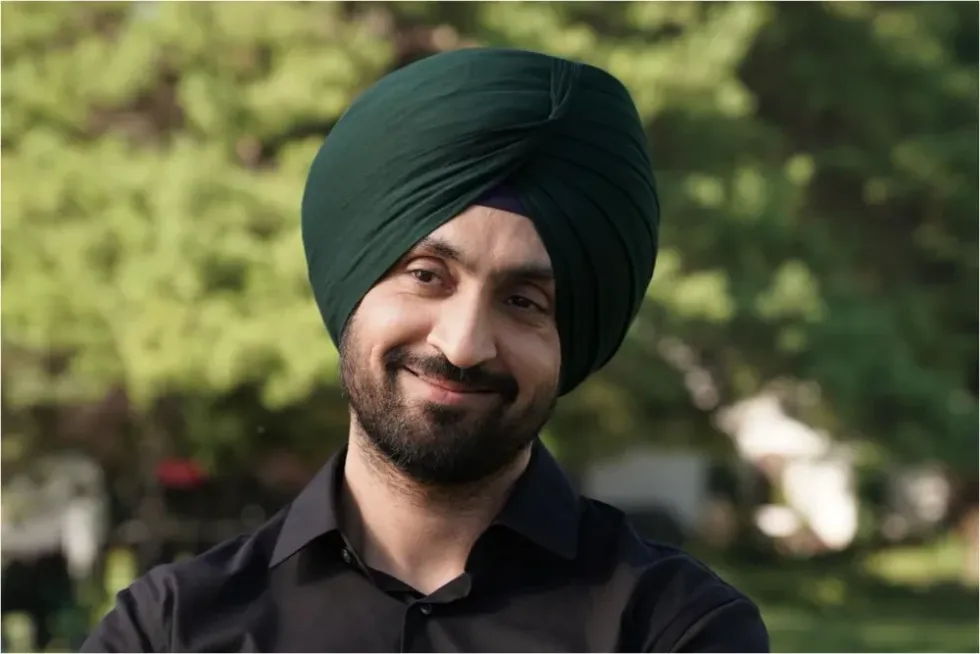By Amit Roy
FOUR and-a-half years after the referendum and following decades of being an unhappy member of the European Union, the United Kingdom has finally struck out on its own, with consequences as yet unforeseen.
Boris Johnson, Nigel Farage and people of that ilk might claim “Brexit is done”, but I don’t really think that is the case.
Certainly, the two sides have signed a 1,246-page document, which includes about 800 pages of annexes and footnotes. But as the months and years pass and problems crop up, the UK and the EU will have to adjust and revise the agreement. So, in that sense, Brexit will never be done.
When an agreement on trade was reached on Christmas Eve, the best speech, in my opinion, was made by the EU Commission president Ursula von der Leyen. Her opening remarks referenced The Beatles (“It was a long and winding road”), and Shakespeare’s Romeo and Juliet (“parting is such sweet sorrow”).
I am sure many Hindus recognised Krishna’s discourse with Arjuna in the Bhagavad Gita that TS Eliot had referenced in his set of four poems, Four Quartets.
“But to use a line from TS Eliot: What we call the beginning is often the end. And to make an end is to make a beginning,” said von der Leyen, for once outclassing Boris’s classical scholarship acquired during his days at Eton College.
She also put her finger on a crucial question: “Of course, this whole debate has always been about sovereignty. But we should cut through the soundbites and ask ourselves what sovereignty actually means in the 21st century.
“For me, it is about being able to seamlessly do work, travel, study and do business in 27 countries. It is about pooling our strength and speaking together in a world full of great powers. And in a time of crisis, it is about pulling each other up – instead of trying to get back to your feet alone.
“The European Union shows how this works in practice. And no deal in the world can change reality or gravity in today’s economy and today’s world. We are one of the giants.”
Brexiteers claim Britain has got back its sovereignty. In reality, when it joins organisations such as NATO and agrees to cooperate with the EU, there is always give and take, meaning sovereignty is invariably pooled. No country – not even England – is an “island”.
Maybe half the British population will be happier outside the EU, but even Boris recognised that greater cooperation in Europe had prevented recurrence of world wars.
“The EU was and is an extraordinary concept and it was born out of the agony of the Second World War, founded by idealistic people... who never wanted those countries to go to war with each other again,” Boris acknowledged. “In many ways it was and is a very noble enterprise.”





 LONDON, ENGLAND - JUNE 22: Baroness Floella Benjamin speaks during the unveiling of the National Windrush Monument at Waterloo Station on June 22, 2022 in London, England. The photograph in the background is by Howard Grey. (Photo by John Sibley - WPA Pool/Getty Images)
LONDON, ENGLAND - JUNE 22: Baroness Floella Benjamin speaks during the unveiling of the National Windrush Monument at Waterloo Station on June 22, 2022 in London, England. The photograph in the background is by Howard Grey. (Photo by John Sibley - WPA Pool/Getty Images)









 Ed Sheeran and Arijit Singh
Ed Sheeran and Arijit Singh Aziz Ansari’s Hollywood comedy ‘Good Fortune’
Aziz Ansari’s Hollywood comedy ‘Good Fortune’ Punjabi cinema’s power-packed star cast returns in ‘Sarbala Ji’
Punjabi cinema’s power-packed star cast returns in ‘Sarbala Ji’ Mahira Khan
Mahira Khan ‘Housefull 5’ proves Bollywood is trolling its own audience
‘Housefull 5’ proves Bollywood is trolling its own audience Brilliant indie film ‘Chidiya’
Brilliant indie film ‘Chidiya’  John Abraham
John Abraham Hina Khan and her long-term partner Rocky Jaiswal
Hina Khan and her long-term partner Rocky Jaiswal  Shanaya Kapoor's troubled debut
Shanaya Kapoor's troubled debut Sana Yousuf
Sana Yousuf



 Shraddha Jain
Shraddha Jain Arundhati Roy
Arundhati Roy William Dalrymple and Onjali Q Rauf
William Dalrymple and Onjali Q Rauf Ravie Dubey and Sargun Mehta
Ravie Dubey and Sargun Mehta Money Back Guarantee
Money Back Guarantee Homebound
Homebound Guru Dutt in Chaudhvin Ka Chand
Guru Dutt in Chaudhvin Ka Chand Sarita Choudhury
Sarita Choudhury Detective Sherdi
Detective Sherdi